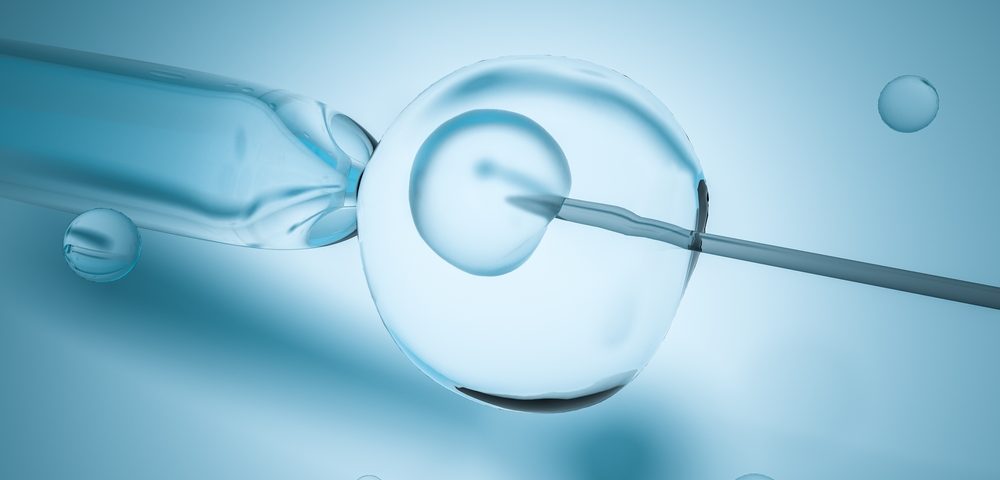Infertile women with endometriosis who undergo in vitro fertilization (IVF) treatment are equally likely to conceive and have a successful pregnancy as those undergoing fertility treatments for other reasons.
The data, gathered in a study involving more than 22,000 women, contradicts earlier suggestions that women with endometriosis may not benefit equally well from reproductive technologies — sending an encouraging signal to women with endometriosis who wish to become pregnant.
Interestingly, there were no differences in outcomes between women with endometriosis-caused infertility and those with other problems, even though those with endometriosis produced fewer egg cells.
The study, “The impact of endometriosis on the outcome of Assisted Reproductive Technology,” was published in the journal Reproductive Biology and Endocrinology.
Endometriosis is one of the main reasons women seek the help of infertility clinics, with up to 40 percent of all infertile women having endometriosis. However, there was still no consensus as to whether infertility caused by endometriosis can be readily treated with reproductive technologies.
Some studies show poor outcomes for these women, while others report that the endometriosis diagnosis does not impact the chances of a successful fertility treatment.
To further clarify this issue, researchers at the Hospital del Mar in Spain turned to a registry of women undergoing assisted reproduction. The team identified 3,583 women with endometriosis, and 18,833 women with infertility caused by tubal factor, hormonal disorders or unexplained issues, who made up the control group in this study. Women underwent either IVF or a method called intra-cytoplasmic sperm injection.
Although women with endometriosis produced fewer egg cells, the fertilization rate did not differ between the two groups. After taking into account the age of the father and the number of embryos that were transferred, the research team showed that the groups did not differ in the rates of live births.
Other outcomes, such as clinical pregnancy — a term used for pregnancies confirmed with ultrasound during the first trimester — and miscarriage was also similar between the groups.
The same thing was observed when women were stratified according to age. Women with endometriosis under 35 years of age, as well as women ages 35 to 40, had similar outcomes as those seen in the control group, even though both age groups produced fewer egg cells than the patients without endometriosis.

